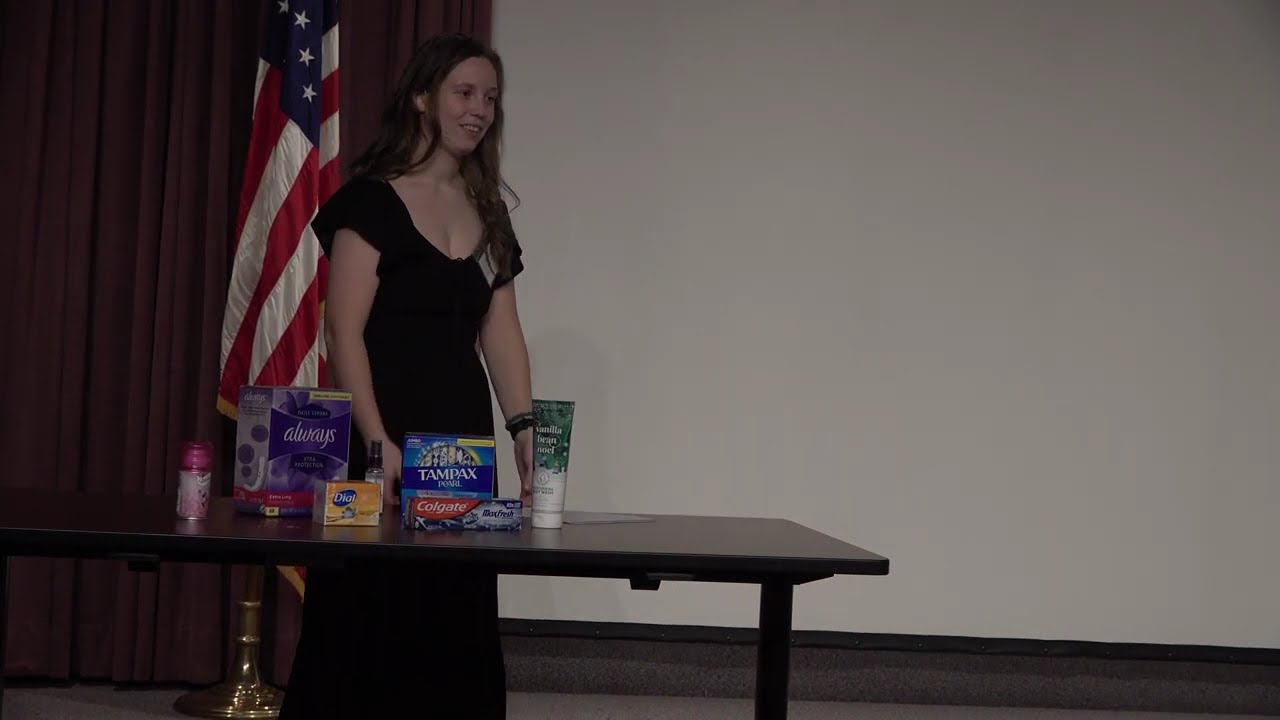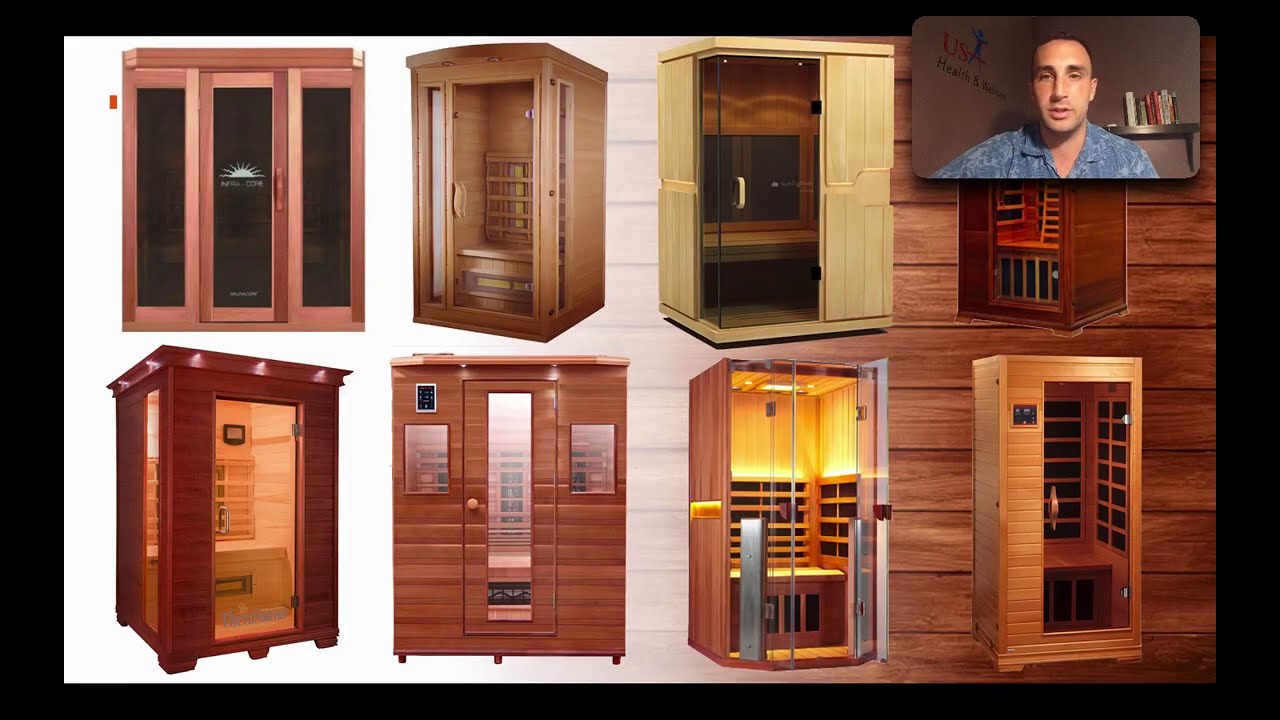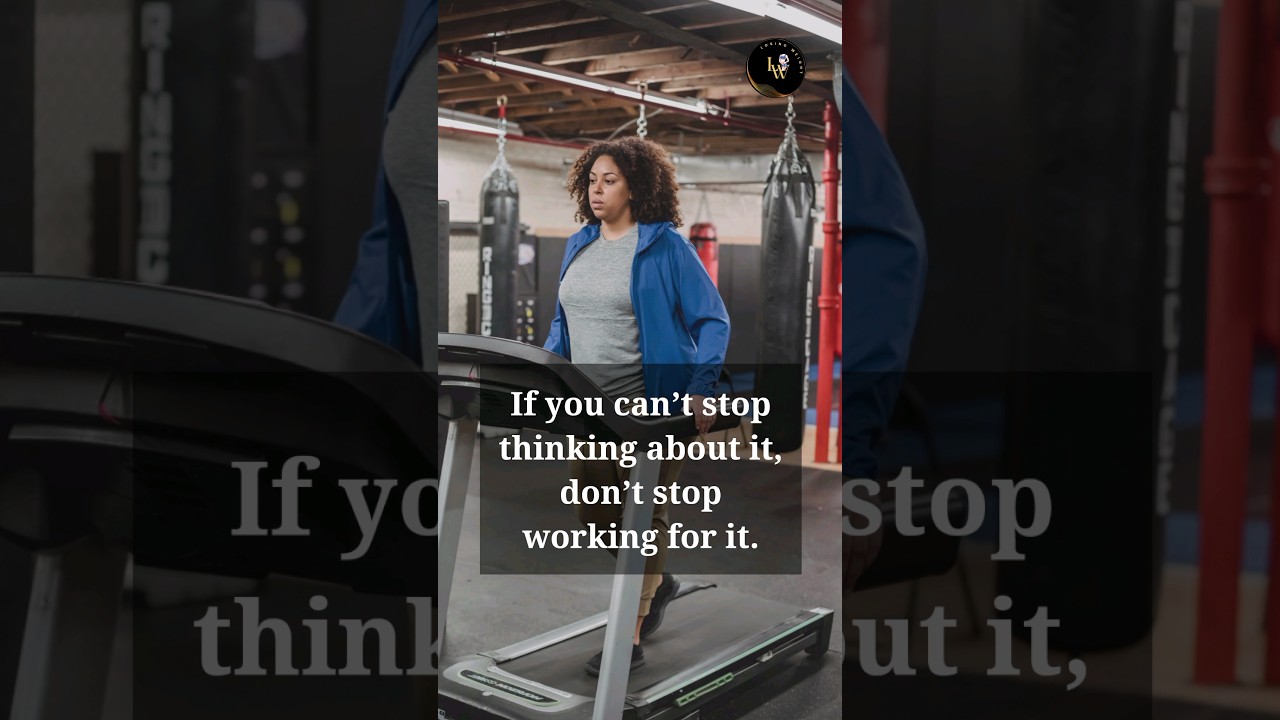Journee Petersen attends Calamus-Wheatland High School in Wheatland, Iowa.
Project Name: Warrior Wellness Corner
2024 Uncommon Student Award Presentation
This project aims to help students who can`t afford essential personal products such as shampoo, conditioner, body wash, deodorant, and feminine hygiene products. Drawing from personal experience, I was not always able to have these products, and I was not always comfortable asking my parents for things, since I already knew we were struggling. This program is designed to help kids feel cleaner and more like themselves. After researching a few ideas, it was found that 6,405 total people living in Clinton County claim to live at the poverty level, with 1,995 of them being kids under the age of 18. Within Clinton County`s population, 30-40% of students in Calamus-Wheatland`s school community have free and reduced lunches (FRL) due to their parents earning minimum wage or no income at all. These numbers are expected to rise, leading to increased hardship for more people. In Calamus-Wheatland alone, there are approximately 250 residents, with about 35% of the school population qualifying for FRL, totaling about 72 individuals in need of assistance with supplies. It is reasonable to assume that of those 72 people, 36 are young women in need of feminine hygiene products. On average, they require at least 7.5 products, totaling about 270 items per month. Considering that students are in school for 10 months out of the year, the program would require approximately 2,700 total products annually to meet their needs. For male students, they would typically need 4 items monthly, and there are probably another 36 individuals in need. This amounts to 144 items needed per month for male students, totaling approximately 1,440 items over the course of the school year. To accomplish this, we would need 42 volunteers who could donate an average of 10 items per month during the school year. This would ensure the provision of approximately 4,140 items annually to support students in need. This gives us the following, measurable goals: Collect 4,140 hygiene products during the school year. Empower 42 volunteers/businesses per month to collect 10 items each.; Impact the lives of about 72 students per year. Upon graduation, leave a detailed plan for a group within the school to carry on the program.
source



